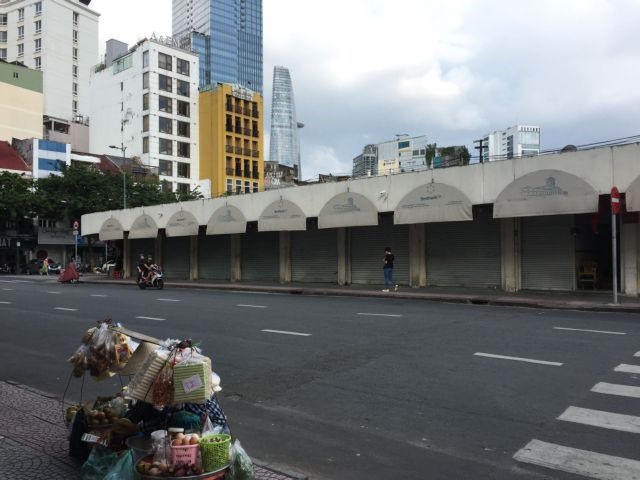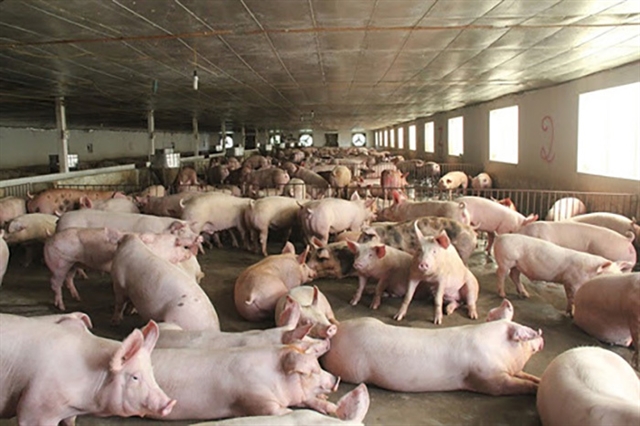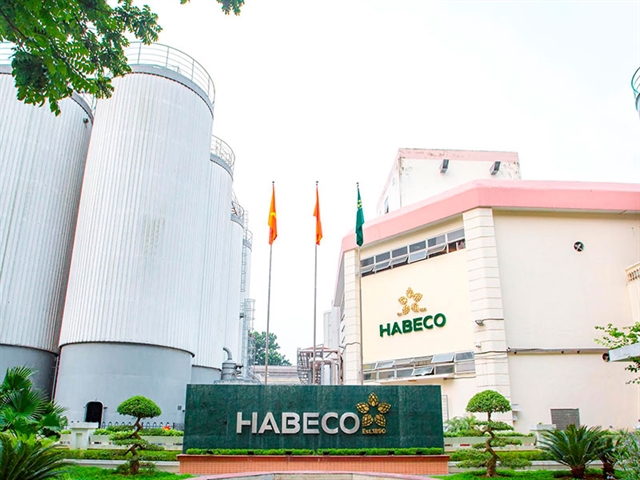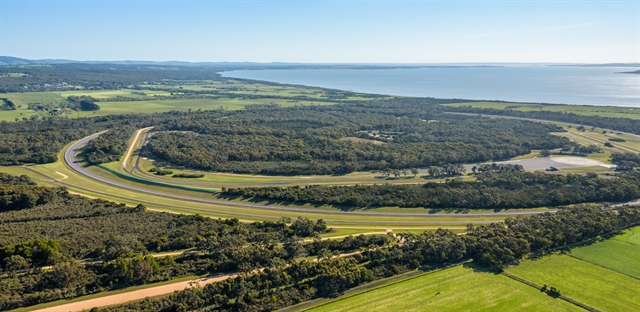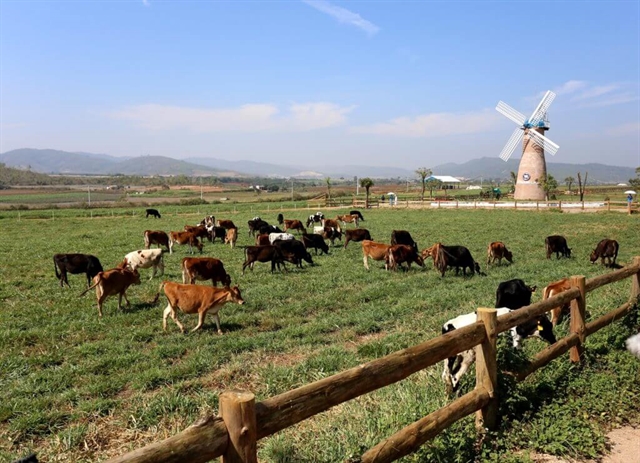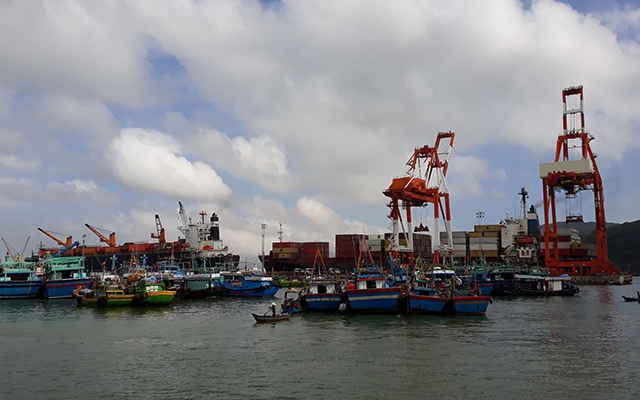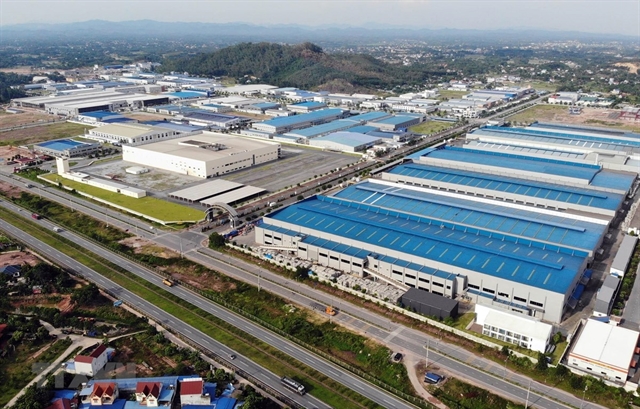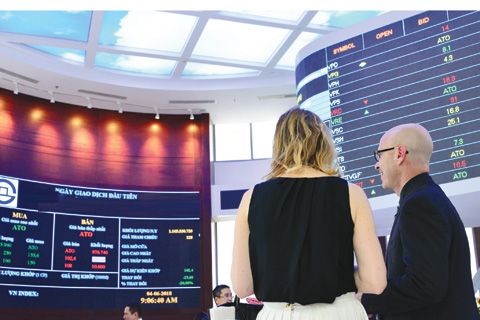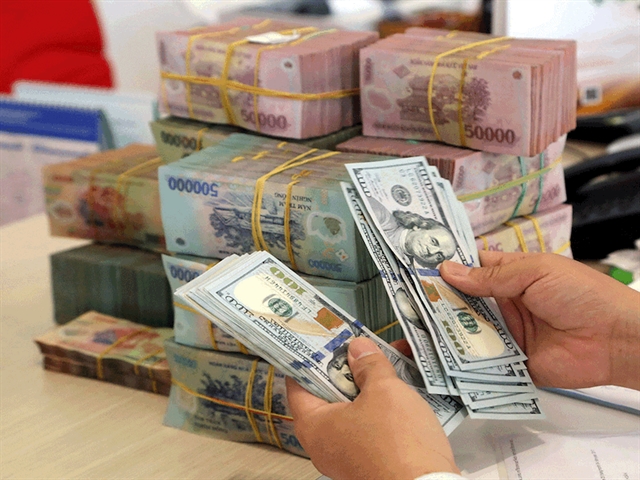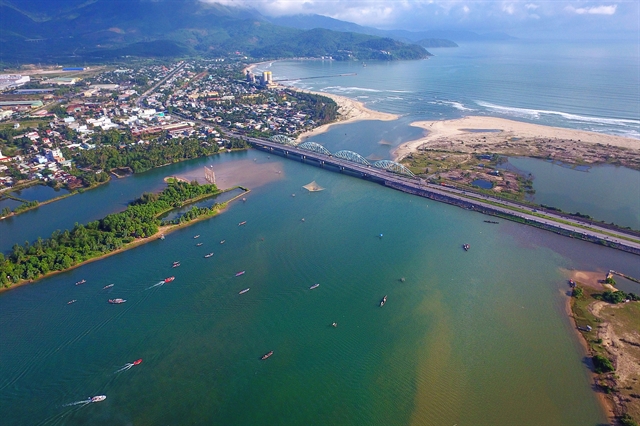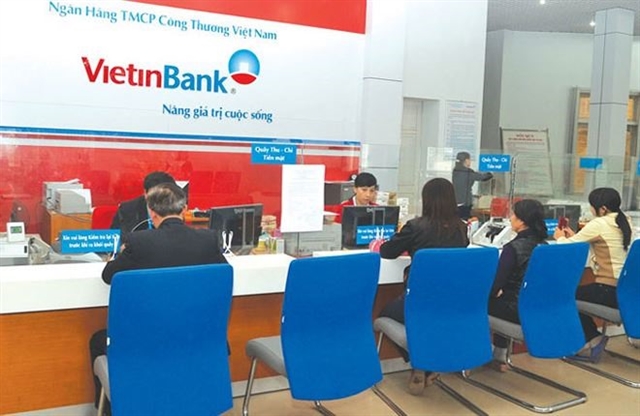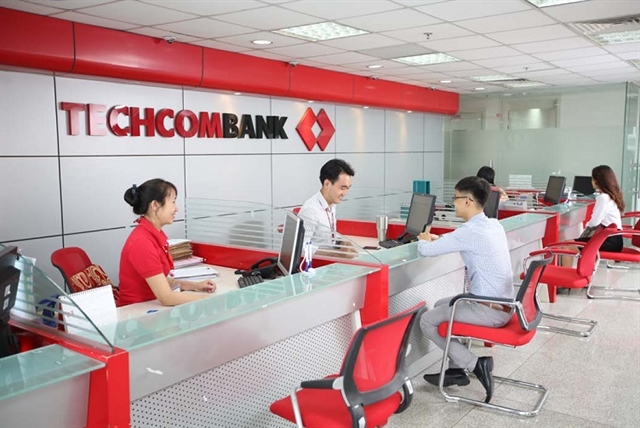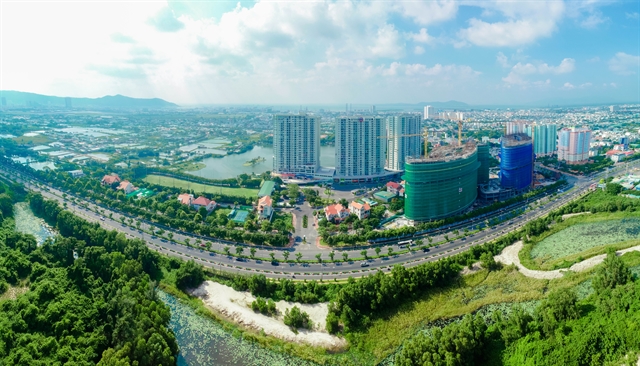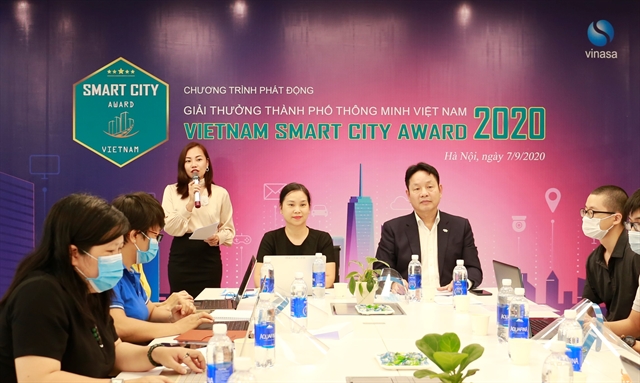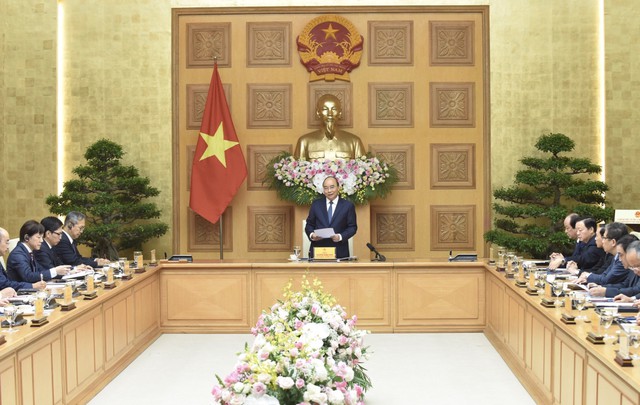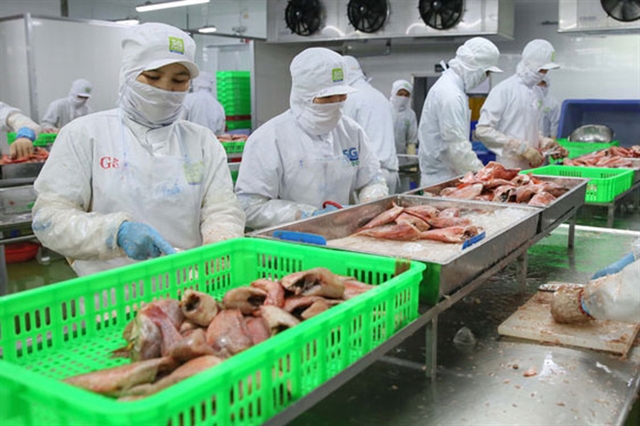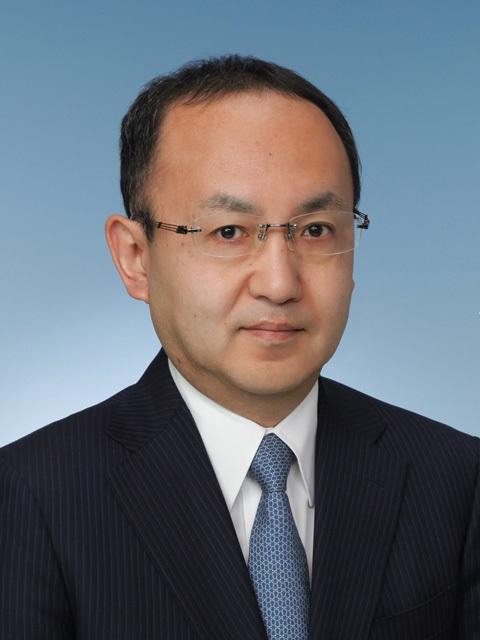
Confirming Việt Nam and other ASEAN countries are very important partners for Japan in the fields of economics, politics and foreign affairs, Chief Senior Economist at the Japan External Trade Organisation (JETRO) Atsusuke Kawada told Vietnam News Agency about the likely diplomatic and economic policy for Việt Nam of the new Japanese government.
What are your thoughts on the relationship between Japan and Việt Nam, and between Japan and ASEAN under the leadership of outgoing Prime Minister Shinzo Abe, especially in the economic area and what do you think about PM Abe’s role in strengthening the relations?
Under the leadership of Prime Minister Shinzo Abe, I think that Japan and ASEAN were able to maintain and develop good economic relations.
Japan-Việt Nam economic relations have made great progress, with remarkable increases in bilateral trade, increased investment from Japan to Việt Nam, and increased mobility of people between the two countries. In particular, regarding the expansion of investment from Japan to Việt Nam, the number of Japanese companies expanding into Việt Nam was remarkable.
Looking at the number of member companies of the Japanese Chamber of Commerce in ASEAN regions, the number of member companies of the Japanese Business Associations in Việt Nam (in all three bases in Hà Nội, HCM City and Đà Nẵng) has exceeded that of the Japanese Chamber of Commerce in Bangkok, Thailand, which had been the largest. I think that Japanese companies' interest in Việt Nam has risen further during the Abe administration.
Also, during the Abe administration, cooperation between Japan and Việt Nam in terms of infrastructure development was remarkable: not only constructing hard infrastructure, such as the Hà Nội-Nội Bài International Airport, the highway connecting the airport to Hà Nội City, and the Nhật Tân Bridge (also known as the Japan-Việt Nam Friendship Bridge), but also in cooperation with soft infrastructure, such as the establishment of Việt Nam-Japan University.
Prime Minister Abe himself made a great contribution in terms of creating an environment in which Japanese companies can easily conduct business activities in Việt Nam, through visiting Việt Nam as the first outing destination and building extremely good relationships with Prime Minister Nguyễn Xuân Phúc and other Vietnamese leaders.
After PM Abe decided to resign last month, many people in Việt Nam are extremely interested in whether the new Japanese Government will change its diplomatic policy towards Việt Nam and ASEAN. What do you think about the future relationship between Japan and Việt Nam under the new leadership and what should the two countries do to further strengthen the bilateral relations, especially in the economic area?
I think that the Japanese government's diplomatic policy for Việt Nam will continue the policy of the Abe administration. This is because Việt Nam and other ASEAN countries are very important partners for Japan in the fields of economics, politics, and foreign affairs.
Through the annual dialogue, existing FTAs/EPAs between Japan and ASEAN countries, the framework of CPTPP (TPP11), APEC and RCEP, which is currently in the final adjustment stage, I think that the economic relationship between Japan and ASEAN will be further strengthened and deepened in general.
In order to further strengthen Japan-Việt Nam relations in the economic area, I think that it is necessary to further activate human resource exchanges between the two countries and build a mutually complementary win-win relationship. And, I also expect that the number of investment projects by Vietnamese companies in Japan will increase.
Regarding the former, Japanese companies, facing the declining birthrate and aging population, need more Vietnamese hard-working and talented human resources, and it is possible for Vietnamese people to acquire various technologies and know-how from their work experience in Japan. On the other hand, regarding the latter, Vietnamese companies are expected to expand their business activities in Japan, backed by the increase in the number of Vietnamese, living in Japan.
An increasing number of Japanese firms have been moving or plan to move production from China to its neighbouring countries, including Việt Nam. What do you think about the trend and what should Việt Nam do to allure those firms?
It is true that some companies in China have moved production bases from China to neighbouring countries due to the US-China trade disputes or COVID-19. This trend has been seen as “China plus 1” for more than 10 years, that is due to the increase in labour costs and other costs in China. I think there are some cases, which the US-China trade disputes and/or COVID-19 supported the movement of “China plus 1”.
Việt Nam is very popular investment destination for Japanese companies. I imagine that the movement of “China plus 1” will continue to be seen, but, [depending on early containment of COVID-19 and resumption of economic activities] China remains a generally attractive destination for many Japanese companies.
In order to attract foreign companies including Japanese companies, it is important for Việt Nam to continue to improve the investment environment and develop human resources. In addition, in order to improve the industrial structure of Việt Nam, it seems necessary to work on attracting foreign companies that include technology- and knowledge-intensive industries in and around urban areas such as Hà Nội, HCM City and Hải Phòng, and labour-intensive industries in rural areas.
To that end, it is important that the provinces and cities of Việt Nam compete with each other to enhance their attractiveness as an investment destination, including the careful consideration of the companies that have entered the market. — VNS
